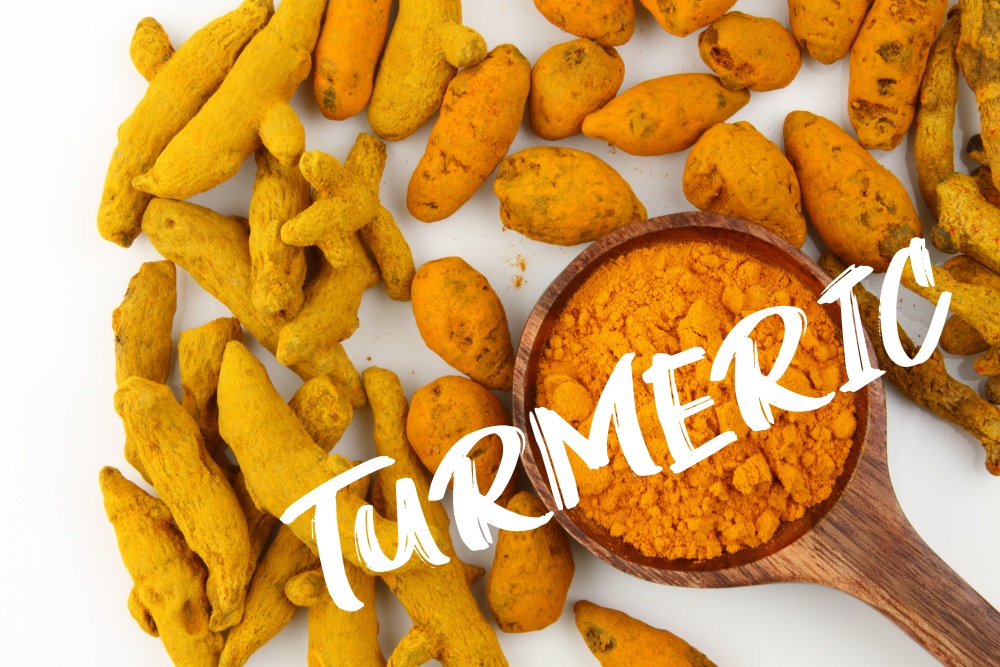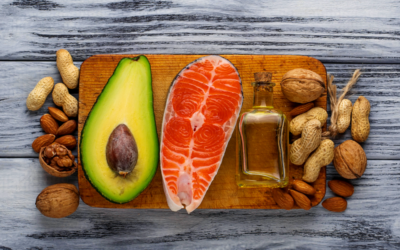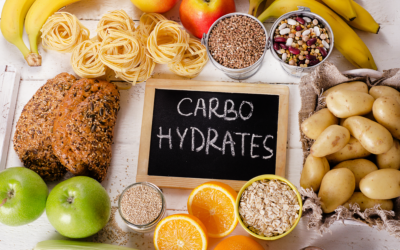There is a growing interest in people wanting to take control of their health and “longevity”. With this in mind, curiosity is growing surrounding the best “diet” for overall health and disease prevention. And of course, the jury is still out on whether or not there is a “perfect diet”. With that said, there is evidence that people who intake higher amounts of certain foods or spices, might have a small edge.
Turmeric, which starts out as curcumin, might have some health benefits. Therefore, in this article we will go through some of those potential health benefits and how to safely incorporate turmeric into your diet.
Types of Turmeric
Turmeric comes in many forms. Here’s a rundown of the most popular variants:
- Alleppey: 5% to 6.5% curcumin content
- Erode: 2.5% to 4.5% curcumin content
- Lakadong: 7% to 12% curcumin content
- Madras: Around 2% curcumin content
- Sangli: Up to 3.45% curcumin content
Health Benefits of Turmeric
The health benefits of turmeric or curcumin, the yellow pigment found in the spice, are a dime a dozen. Take a look at its top benefits:
Easing Depression
Low brain-derived neurotrophic factor (BDNF) is associated with depression.
If you have depression, taking curcumin could boost BDNF levels which has a small mount of evidence that this is linked to improved memory and learning. It may also increase the concentration of neurotransmitters like serotonin and dopamine, “happy hormones” that regulate mood, focus, and appetite.
According to a 2020 study, it inhibits the production of glutamate, in excitatory neurotransmitter, counteracting depression symptoms in a similar way as fluoxetine (Prozac) — an antidepressant.
Fighting Free Radicals
Curcumin can help prevent oxidative stress by eliminating different types of free radicals that cause cell damage and homeostatic disruption. It can also modulate the activity of glutathione peroxidase (GSH), and increase serum activities of other antioxidants, including superoxide dismutase (SOD) while battling oxidative stress.
Improving Memory
A 2018 research article showed the efficacy of a bioavailable form of curcumin on 40 subjects (ages 51–84). It showed improvements in learning, memory, and attention, likely brought on by a reduction in amyloid and tau accumulation in brain regions.
Improving Skin Health
Turmeric has anti-inflammatory, antibacterial, antifungal, and antimicrobial benefits. Hence, it may be beneficial for a variety of dermatologic diseases.
For example, a 2019 article showed its effectiveness in treating acne vulgaris. A gel infused with this spice has also been reported to improve the effects of photoaging. There’s also some evidence of oral curcumin being used for psoriasis, but further placebo-controlled studies are needed to support these findings.
Lowering the Risk of Heart Disease
Curcumin supplements can improve vascular endothelial function, which plays a significant role in regulating blood pressure and blood clotting.
Hence, it can be a promising nutraceutical in the prevention of cardiovascular diseases and reduce the risk of atherosclerosis development and progression. In fact, according to a 2012 study, it can even decrease the risk of heart attacks after coronary artery bypass grafting.
May Help Treat Rheumatoid Arthritis
Research in this area is limited, but a study conducted on humans reported curcumin could improve morning stiffness, walking time, and joint swelling.
Curcumin also has bone-protective mechanisms, making the plant beneficial in treating osteoporosis. This is backed by a pilot study that showed that the group who received curcumin had the highest percentage of improvement in overall Disease Activity Score (DAS) and American College of Rheumatology (ACR) scores.
Might Aid Cancer Prevention
Curcuminoids interfere with multiple cell signaling pathways, modulating cancer development and progression. A 2011 clinical trial reported a 40% reduction in aberrant crypt foci (ACF) in colorectal cancer that are believed to be precancerous lesions.
According to several studies, it can inhibit angiogenesis (growth of blood vessels that are associated with growth of cancer cells) and limit cancer cell metastasis, thereby reducing the risk of various malignant and benign cancers.
Preventing Eye Degeneration
Curcumin has neuroprotective properties so it can be an excellent therapy for the treatment of various eye diseases. This includes cataracts and glaucoma, eye conditions that damage the optic nerve and cause vision loss.
Treating Alzheimer’s
Turmeric can boost the levels of Brain-Derived Neurotrophic Factor (BDNF), a molecule that might have some association with the survival and growth of existing neurons.
As high levels of BDNF are associated with a lower risk of cognitive impairment, and curcumin can clear Abeta plaques — a neuropathological hallmark of Alzheimer’s, taking curcumin could lower the rate of cognitive decline in patients who have this disease. Of note, most of the evidence is in animal studies and report that further investigation is needed to confirm these findings
Treating or Preventing Diabetes
Curcumin can be used to prevent and treat diabetes, thanks to its positive effects on insulin resistance, hyperglycemia (high blood glucose), hyperlipidemia (high amounts of fatty substances in the blood), and islet apoptosis and necrosis.
However, most of these studies were conducted on animals, so its efficacy as a supplement should not be based on current research alone.
Uses of Turmeric: How To Consume This Ingredient
According to WHO, you need 1.4 mg of turmeric for every pound (0–3 mg per kg) of body weight, which should come to around one teaspoon a day.
There are many ways to incorporate it into your diet naturally, such as:
- Curry sauce
- Eggs
- Golden milk
- Grains
- Lentils
- Muffins
- Oatmeal
- Roasted veggies
- Scrambled eggs
- Smoothies
- Soups and stews
- Spice rubs or marinades
- Tea
Pro tip: Combine turmeric with black pepper. Black pepper contains “piperine,” which will improve the bioavailability of turmeric by 2,000%!
Turmeric as a Supplement
Curcumin has poor absorption, meaning not much of it reaches the body because compounds are broken down and eliminated quickly.
There is little evidence to support Turmeric supplements.
Conclusion
Turmeric can do wonders for your health, but it’s best to try and get your daily dose from food before turning to supplements.
Other Articles You Might Be Interested In:
Maple Roasted Salmon Recipe
Maple Roasted Salmon Maple Roasted Salmon is so delicious and easy to make. We are sure you’ll want to add this recipe to your menu plan each week. Searing salmon in a pan before baking it in the oven helps to lock in juices and flavor. Why is salmon so good for the...
Health Benefits of Broccoli Sprouts
Broccoli Sprouts Broccoli sprouts may be small in size, but they pack a powerful punch when it comes to health benefits. These tiny sprouts are loaded with nutrients and antioxidants that can help protect against a range of health issues, from cancer to heart disease....
Is Reverse Osmosis Water Filtration Better For You?
Water is essential for life, but not all water is created equal. Tap water can contain harmful contaminants and chemicals that can have adverse effects on our health. This is where reverse osmosis water purification comes in. Reverse osmosis (RO) is a highly effective...
Health Benefits of Omega 3 Fatty Acids
Health Benefits of Omega-3 Fatty Acids and Recommended Foods Omega-3 fatty acids are an integral part of cell membrane phospholipids. They provide structure, act as a barrier to protect cells from environmental aggression, and influence various bodily functions to...
Health Benefits of Daily Sunlight
Health Benefits of Daily Sunlight There are two sides to every coin—and two stories to tell about sunlight. Skincare enthusiasts and specialists, it seems, have taken a definitive stand against the sun, branding it as a villain that causes premature aging and leads to...
Benefits and Harms of Dietary Fat
Fat is one of three macronutrients found in food that is essential for cell survival in humans. However, it is often demonized as being “unhealthy”. But that couldn’t be further from the truth. Some fats have been linked to improved cognition and decreasing the risk...
Protein Improves Brain Health
Studies have shown that diets high in animal protein may help to prevent neurological conditions such as Alzheimer's disease and Parkinson's disease. Furthermore, there is a growing body of evidence that animal protein might be the key that unlocks the door to health...
Protein: Essential to brain health and repair
Protein, often referred to as the “building blocks of life” is arguably the most critical macronutrient for brain health and repair and disease prevention as we age. One of three macronutrients found in food the body is primarily composed of protein (second only to...
Simple versus Complex Carbohydrates
Carbohydrates are one of the three macronutrients that make up the foundation of our diet, along with protein and fat. They are found in a wide variety of foods, from fruits and vegetables to bread and pasta. Despite their importance in our diet, carbohydrates have...
Brain Health and Recovery: Food IS Medicine
Brain Health and Recovery: Food IS Medicine Food can be an excellent tool to enhance brain health and recovery. However, if you thought the brain was a complicated system to understand, the data on nutrition is far more complicated. So, spoiler, there is no “perfect...











